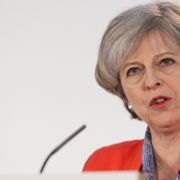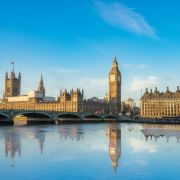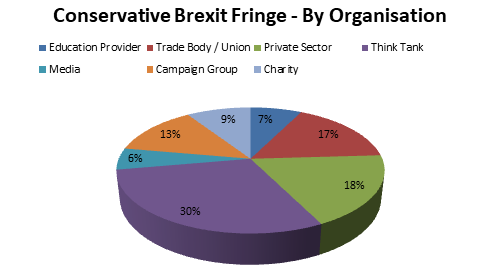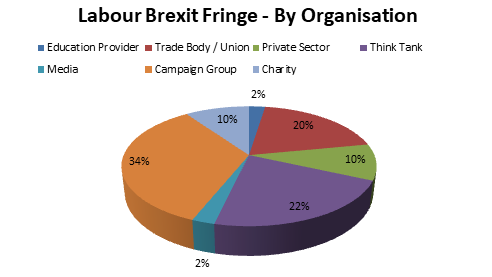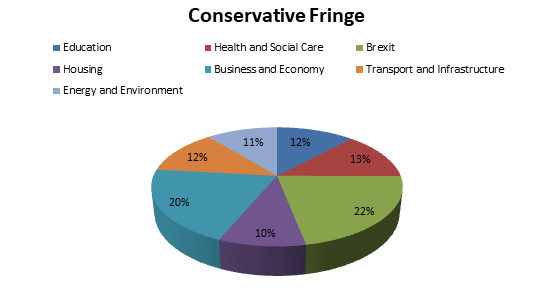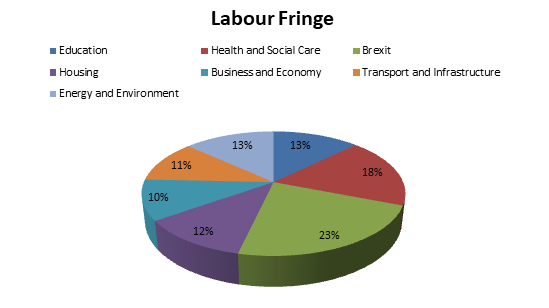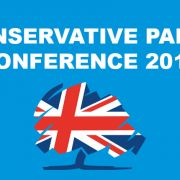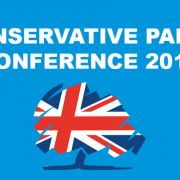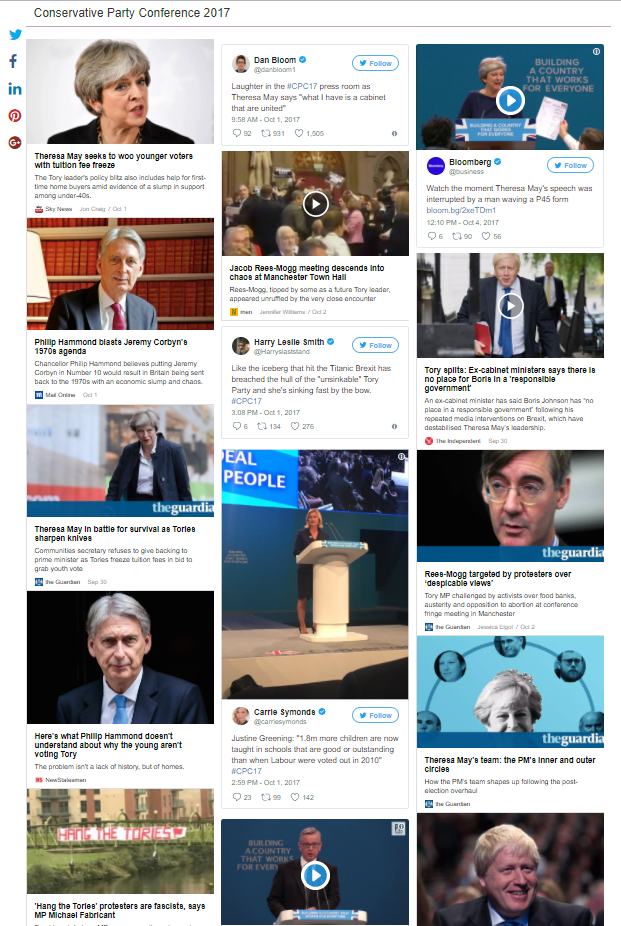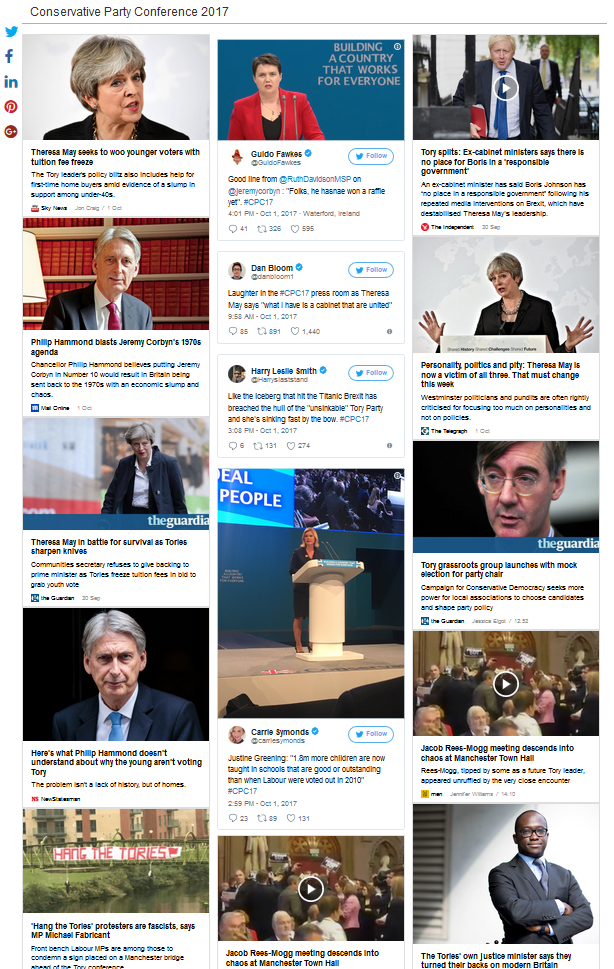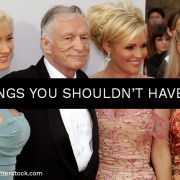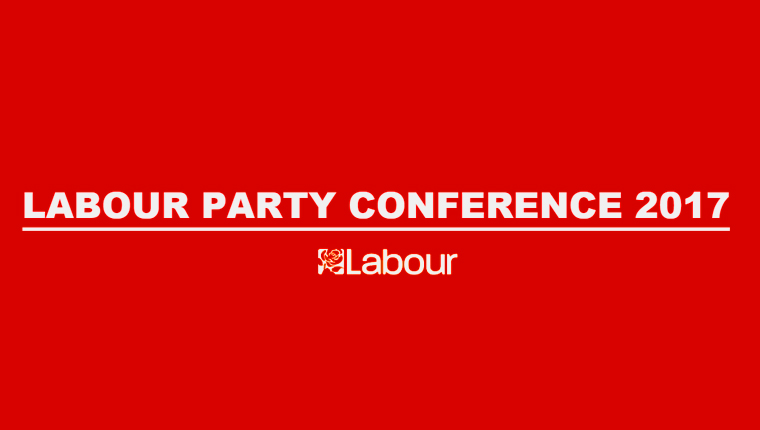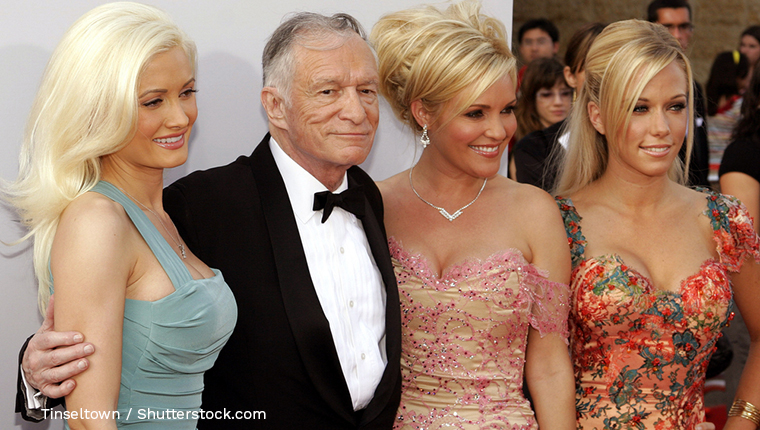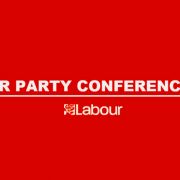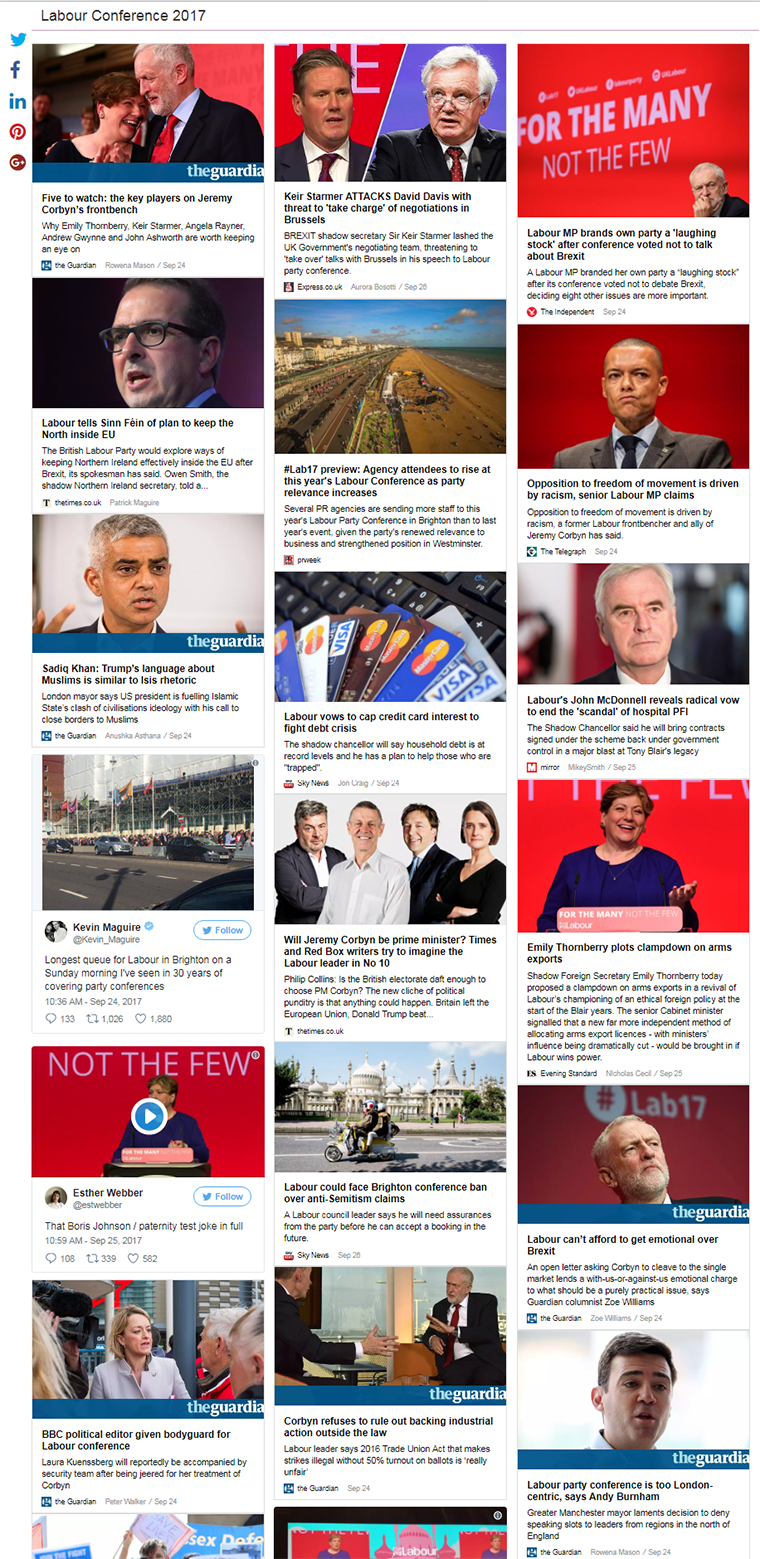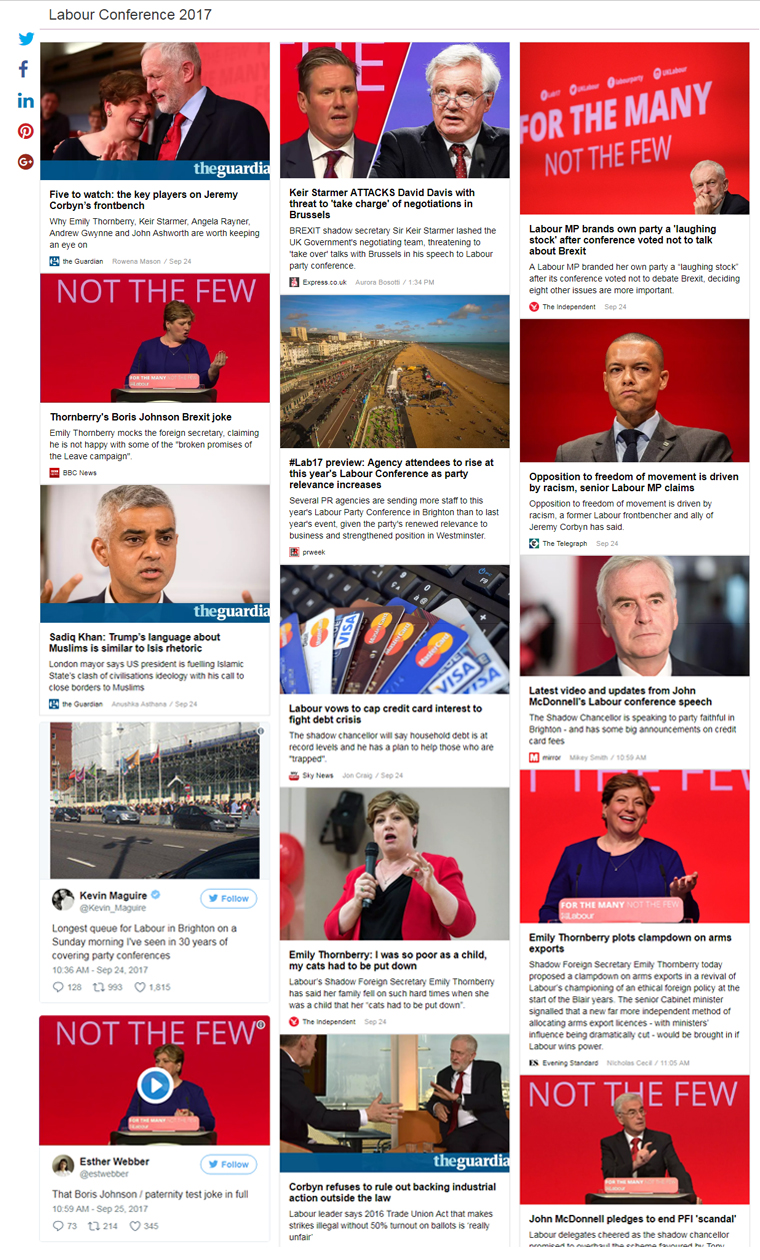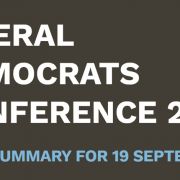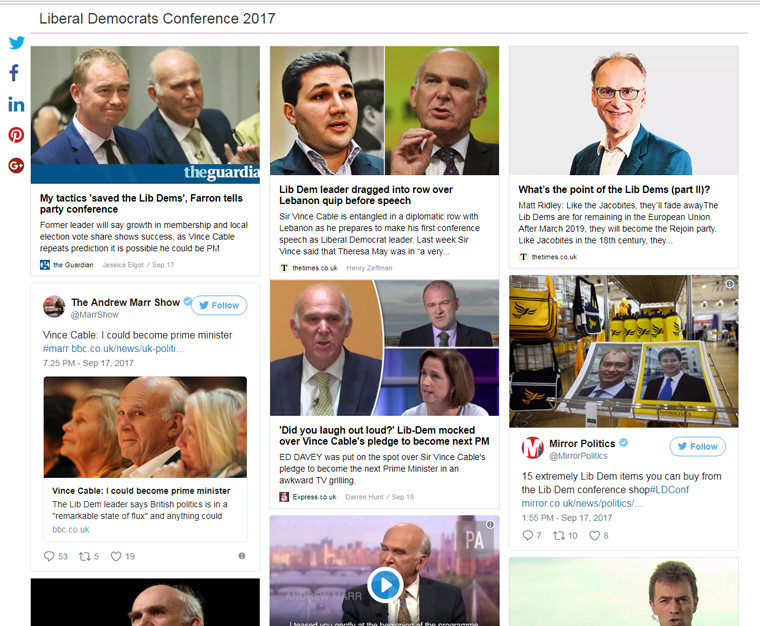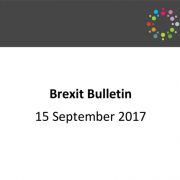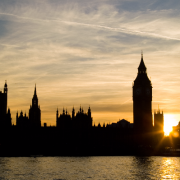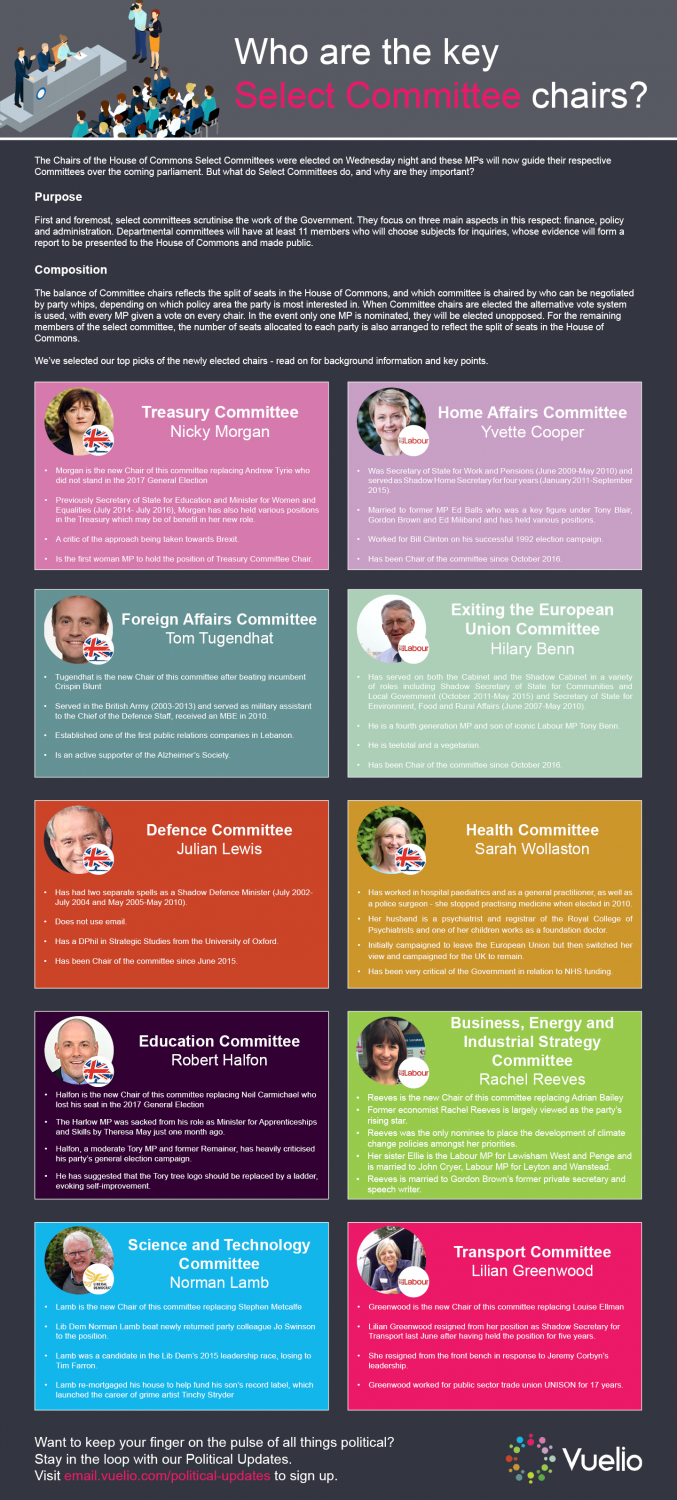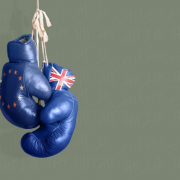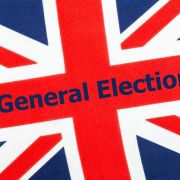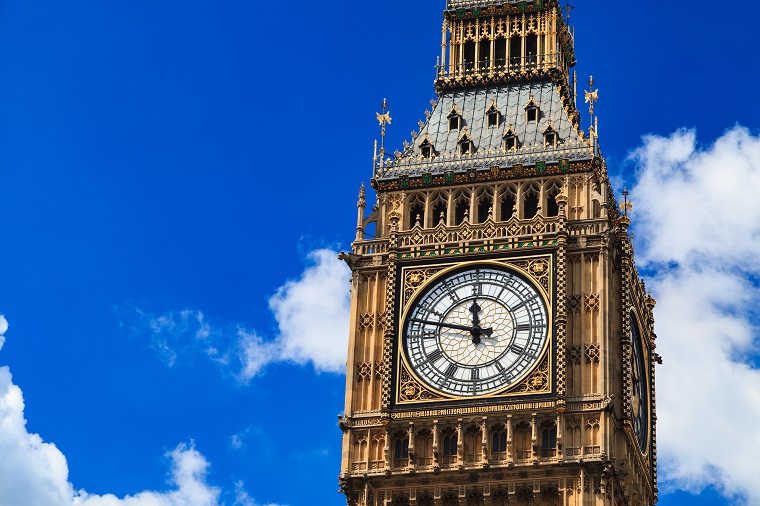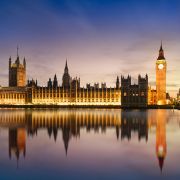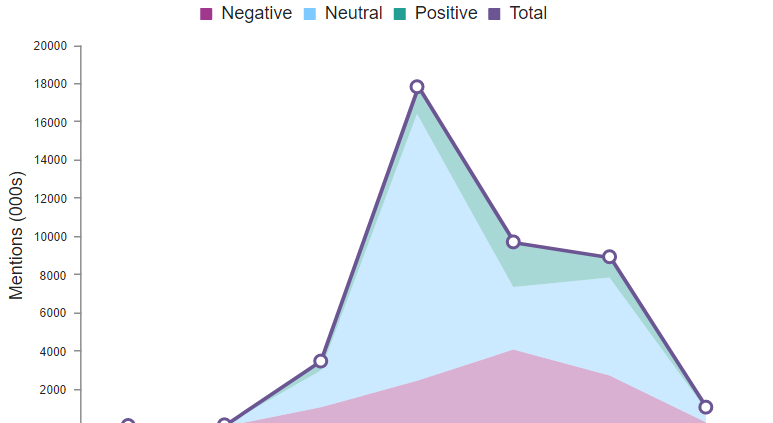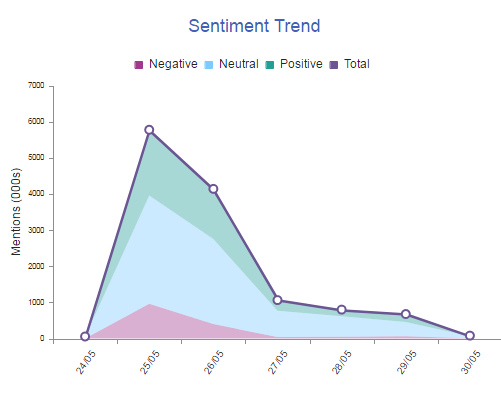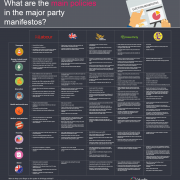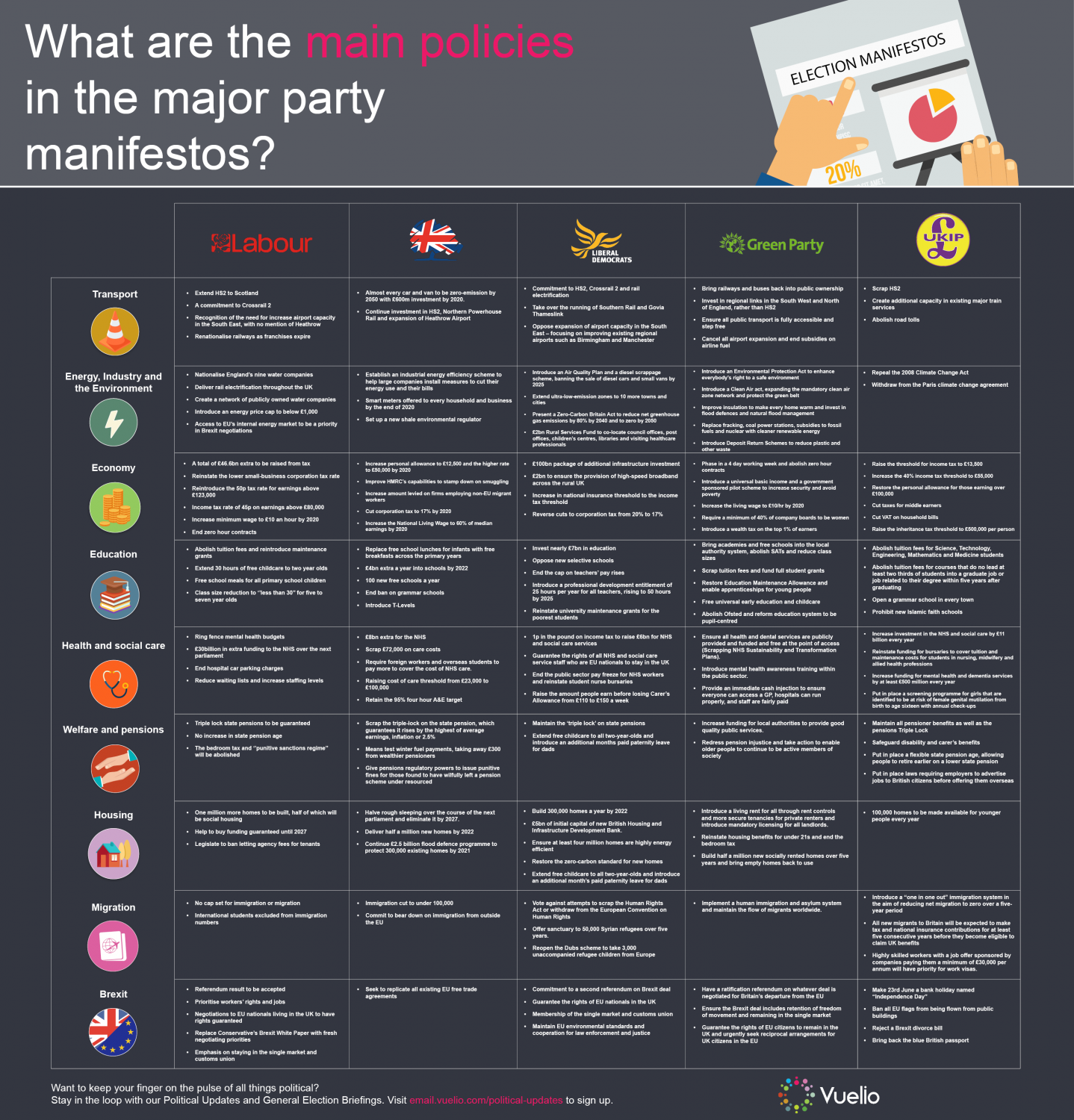Energy Price Caps: Is Theresa May a Marxist?
The Conservative Government has published proposals for a bill to allow a cap on energy tariffs, which it previously described as ‘Marxist’.
The proposals followed on from Theresa May’s announcement of a cap on energy prices in her speech to the Conservative Party Conference, and the inclusion of the policy in the party’s manifesto at the general election earlier this year.
Proponents of the measure say that it will prevent overcharging of vulnerable consumers and that the current system loads the dice against new entrants to the industry, limiting competition. Over two decades after energy privatisation, 80% of customers are still with one of the ‘big six’ firms and many challenger firms believe that a price cap will increase competition in the market.
Opponents warn that the proposal could lead to vulnerable customers paying more, and that competition in the sector is already working.
A time traveller from 2015, when Ed Miliband’s proposals for an energy price cap were being derided by Tory politicians as ‘Marxist’, ‘Wonga-like’ and ‘extremely dangerous’ would be startled to see a Conservative Government proposing something similar.
So, how did we get here?
Those of us monitoring politics have noticed a shift in the political mood as a campaign inside and outside Parliament gathered pace. Its figurehead has been the Conservative MP John Penrose, who has made frequent media appearances promoting the idea, sponsored a debate in the House of Commons, and on the very evening that Parliament was dissolved in May was addressing the All-Party Parliamentary Group on energy costs. Other innovations included a website showing how much people in each constituency were overpaying, produced by one of the industry’s challenger firms.
Together, these elements formed a successful campaign which brought this issue firmly onto the political agenda and into Government policy, and MPs have signed-up to the cause in ever-increasing numbers.
Vuelio attended a Conservative Party Conference fringe event, the day before May’s conference speech, at which Penrose revealed that 212 MPs had signed a letter supporting the cap – an increase of 20 in just a week. He also paid tribute to the work of the campaigning organisation 38 Degrees, whose petition had helped to put pressure on MPs.
However, the final form of the bill is still up for grabs. In his statement, the Secretary of State for Business, Energy and Industrial Strategy Greg Clark told the House of Commons that the draft bill was to be scrutinised by the Business, Energy and Industrial Strategy Select Committee. That committee has already organised a session in which it will take evidence from energy firms, Ofgem, and an expert on economic regulation.
As currently written, the bill leaves many of the precise details to Ofgem, so interested parties will also need to keep a very close eye on their thoughts. Already there are signs of conflict: Labour are claiming that the bill is ‘inadequate’, whilst the Lib Dem MP and former Energy and Climate Change Secretary Sir Ed Davey is arguing that the measure will damage competition and increase prices for vulnerable consumers.
Even Penrose has concerns about the form of the cap: he has been arguing for a relative price cap, not an absolute one. In layman’s terms, this means that the Government would limit the difference between a company’s highest and lowest tariffs, rather than setting a maximum price. Those affected by the proposed cap will need to monitor the progress of the bill through Parliament very closely.
If you would like to know more about political monitoring and the services Vuelio offers, get in touch.

